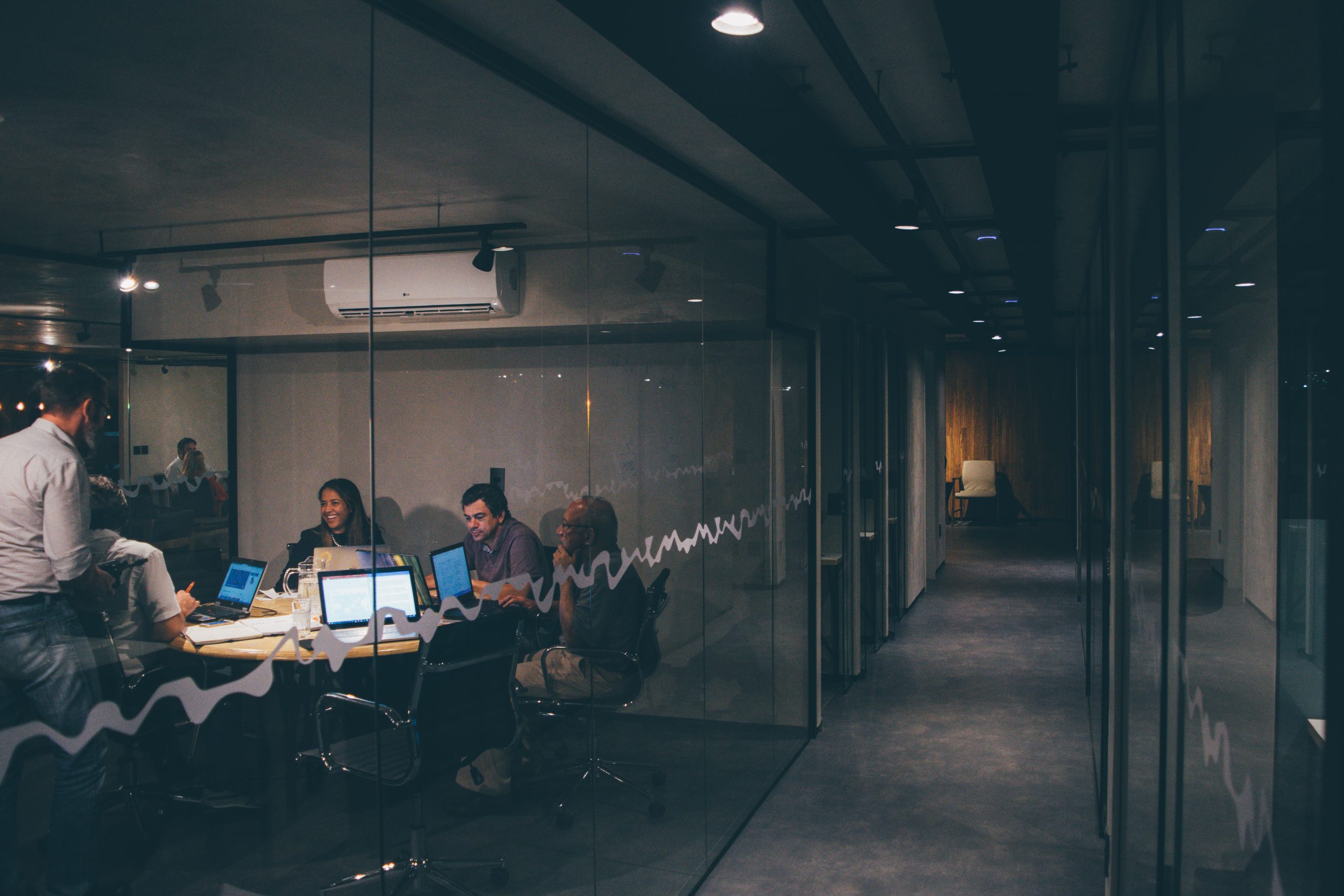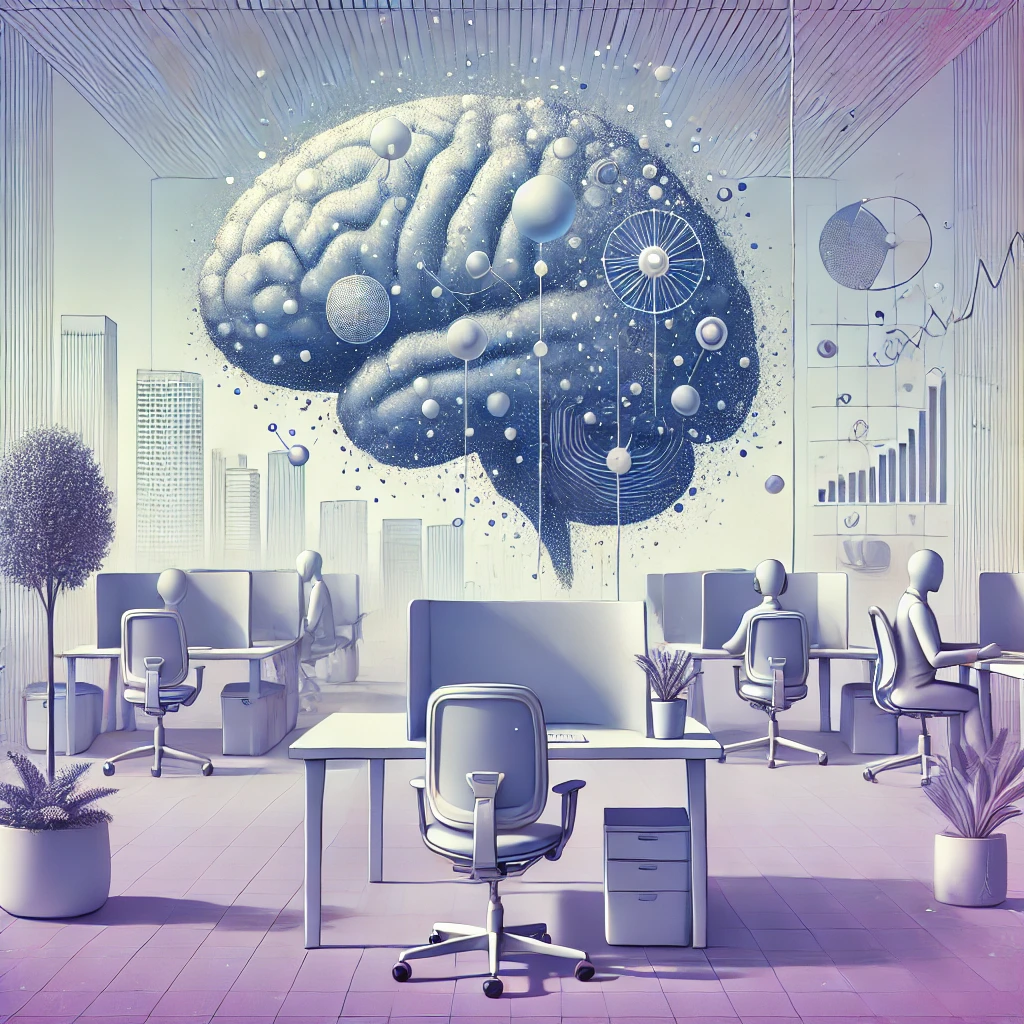How Too Much Information Can Overwhelm You
How Too Much Information Can Overwhelm You
Information overload is a term that nowadays is used quite often. In today’s world, we have all sorts of information all around us: data, ads, magazines, etc. It doesn’t matter if we want to or don’t, sometimes we consume useless or not interesting information for us. So how exactly does it influence us, and how to avoid it?
“Information overload occurs when the amount of input to a system exceeds its processing capacity. Decision makers have fairly limited cognitive processing capacity. Consequently, when information overload occurs, it is likely that a reduction in decision quality will occur.” – Bertram Gross, Professor of Political Science at Hunter College.
Newest advancements in technology definitely have impacted how much information we consume (reduced and increased), but we still use them because it makes our life easier. That’s why first of all we want to find out what are the main causes of this problem.
Of course, there are plenty of them, but you can distinguish the most impactful:
- The never stopping creation of content
- The fact that it’s so easy to create, copy, and share the content on various online platforms and sites
- Increase in the communication channels we regularly use – television, mobile phones, various apps and platforms, radio, websites, etc.
- The enormous amount of false information, conflicting opinions
- No simple and efficient way of processing and evaluating the information.
Having easy and unlimited access to large amounts of information could sound appealing to some people, and technically, it should make us more intelligent, but the truth is that it harms us more than it does good. The information overload puts our brain in inaction, and if the newly consumed information isn’t used immediately, the brain loses about 75% of all our memory data.
The biggest risks of information overload are:
- Cognitive overload for our brain (brain fog)
- It gets harder to make decisions and think critically
- The depletion of our willpower
- Anxiety and focus problems.
All of these are crucial in our everyday life, that’s why we really need to look after ourselves and limit the amount of information we get. What are the best ways to do it? Read more: 5 Tips for Improving Stress Tolerance in the Work Environment.
Here are some tips to help you:
- Get yourself an expert in the field you are learning or working, find trustworthy and admire, and then follow him. Don’t overwhelm yourself with many experts.
- Distance yourself from a task or a project for a while if it’s not going on very well to get a new perspective on it and clear your mind from excess information.
- Try to evade compulsive learning. Learn only the things you’re interested in and need.
- Limit yourself from useless information sources, which include all kinds of different app notifications, news sites, etc.
- Try distributing information and leaving it for later to process. You don’t have to consume it all at once, even if it comes in a bunch.
“What information consumes is rather obvious: it consumes the attention of its recipients. Hence a wealth of information creates a poverty of attention and a need to allocate that attention efficiently among the overabundance of information sources that might consume it.” – Herbert A. Simon, American economist, political scientist, cognitive psychologist.
We have to limit the amount and content of the information we consume so that we wouldn’t have to fight the consequences afterwards! Read more: Why is Microlearning an Effective Tool for Employee Development?








